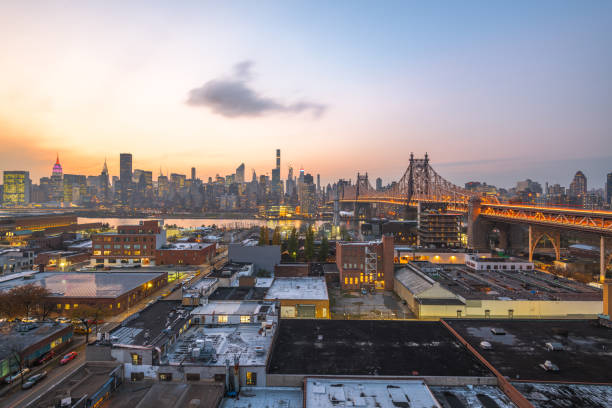It seems weird, when talking about the wacky elements contributing to the upcoming elections, that the state of New York would qualify for honorable mention. But that, remarkably, is what we have going here. In the contest to be New York’s governor, Andrew Cuomo faces a Republican who created a small stir when he won the party’s primary and an even bigger one, seemingly, since a poll came out showing him trailing Cuomo by only six percentage points. Suddenly, they’re treating Carl Paladino as a candidate to be taken seriously.
Notwithstanding the Quinnipiac poll, which was the one reporting those strange findings, being so far more or less alone in its projection of a close race, this new credibility conferred on Paladino’s candidacy feels sort of misplaced in the Empire State. Right on the heels of those Quinnipiac numbers came the results of a Siena College survey that put Paladino behind by more than 30 points. (Wonder if there’s been any comparing of notes between the two polling organizations since their respective efforts were made public?) Bottom line is, however, here we are in New York with a governor’s race in which one of the two major candidates is a far cry from your standard governor-in-waiting type – a fellow known for his outrageous mouthing off, whose identification with the values touted by the Tea Party (whose backing he received) casts him as somewhat of an odd-ball, even among Republicans.
When you come right down to it, though, Paladino may be the most perfect embodiment of the quirkiness of the 2010 elections. Somehow, a Paladino profile popping up in election maneuvers somewhere in middle America would tend to faze us not one bit. In New York, a different story for sure.
When George W. Bush was reelected in 2004, the European press had a rollicking good time at American voters’ expense. Too bad the chances for ridicule in this election cycle don’t come anywhere close to what four years of Bush misrule had shown the world back then.
All kidding aside, the daunting prospects for the country after Election Day is history need to be a point of concern at least for those of us with a firmer grip on sanity. Nobel Prize-winning economist Paul Krugman recently wrote in his New York Times column about the Republican practice of making promises at election time that have no economic viability whatsoever — a gambit intended solely to win control so as to push the social agenda changes that really define where they’re coming from. Krugman was commenting on one of the core claims of the party’s proudly brandished Pledge to America (cousin of the Gingrich crowd’s Contract with America, we presume) unveiled the other day, wherein making the Bush tax cuts permanent is proffered as a co-existing reality with eliminating the federal deficit down the road.
Dovetailing with Krugman’s analysis was the comment of fellow Times columnist, conservative David Brooks, who forecast the real likelihood of “gridlock on stilts” in Washington for the next two years, looking at the possibility of one or both houses of Congress controlled by the GOP. Brooks’ scenario is easy to imagine, given the hard-line conservative rhetoric that has been driving the elections. The unapologetic appeals to fear and to an anger that’s palpable and understandable in this straitened economic climate for so many, is unfortunately much less a state of concern for those under siege than an opportunity for fanatical right-wing overreach upon achieving power.
But as some, including former President Clinton and Mayor Bloomberg have noted, anger in and of itself doesn’t fix things. And in some of the candidates walking that extremist path who are looking to be players in Washington, what we have, emanating from them and their supporters, is a desire for change fueled by this over-the-top anger. Getting mob behavior to be constructive is the ultimate mission impossible. Which is why Election Day 2010 could land some folks in office whose right to belong there is very much open to question.
That Quinnipiac poll notwithstanding, the guy running on the Republican line for governor of New York doesn’t figure to be one over whom we’ll be losing much sleep in the few weeks remaining before the public’s verdict is rendered in early November. And that isn’t because we think he’ll have an epiphany and be a force for good in that particular role, but because it’s our full expectation here that he’ll be told by the voters of New York that they simply don’t see him as ready for the role. Even if, miracle of miracles, he were to win, though, it would be just New York’s burden to bear.
What’s possibly fixing to happen in Washington carries the potential, of course, for much greater peril, in terms of the sweep of its down side. When the people can be manipulated to buy into the notion that discontent automatically lends credence to a bunch of cheap-talk “solutions” to what ails them, we wind up with these doomsday possibility scenarios. When the idea that David Brooks’ telegraphed two years of gridlock looks to be the path of least resistance, as opposed to the awesome challenge of undoing what untrammeled abuse of power might inflict, we’re really in deep trouble.



















